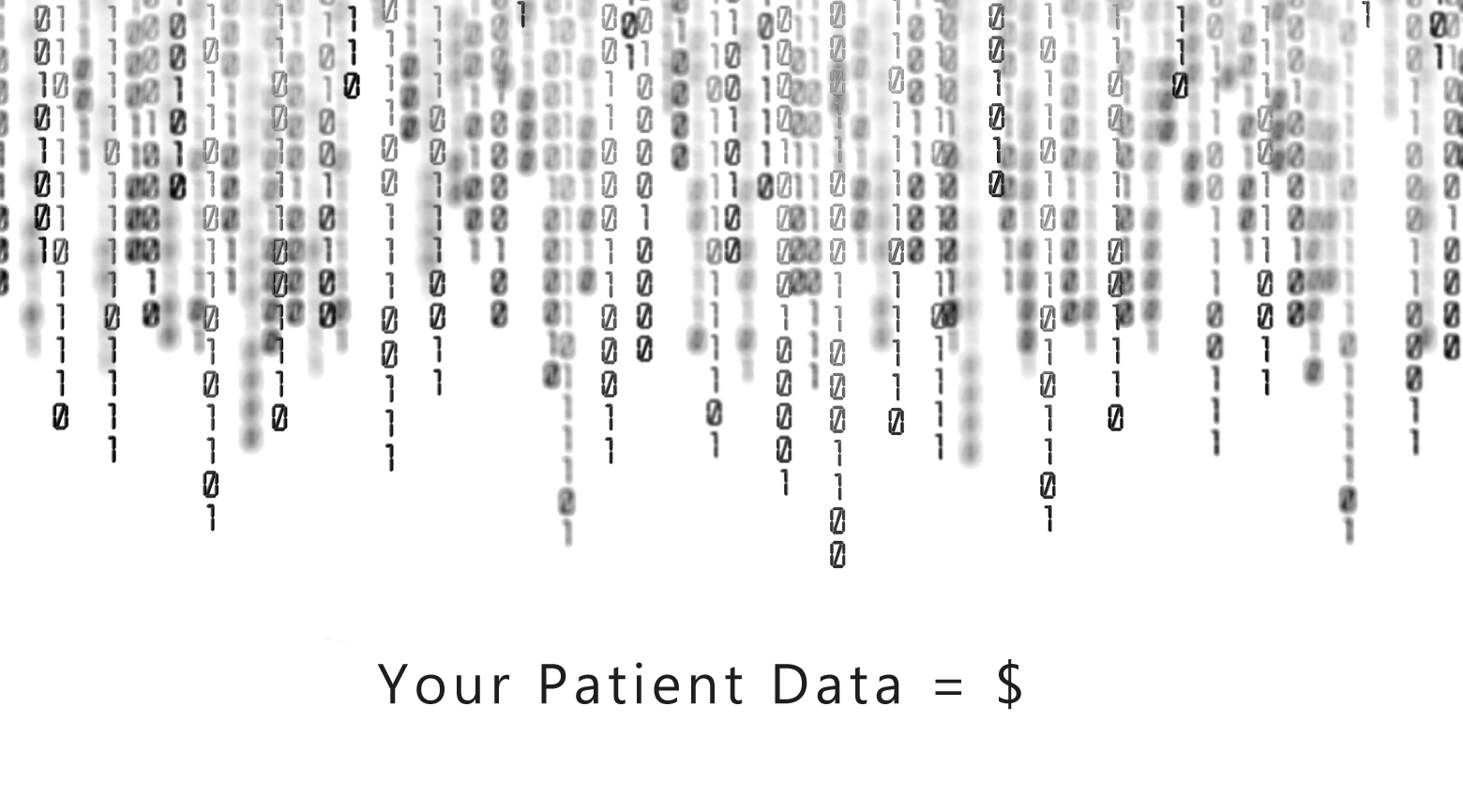
by medicaltechont | Oct 8, 2016 | eHealth, Privacy
The cash-strapped provincial government wants to cash in on the patient data collected by eHealth Ontario without compromising privacy or privatizing record-keeping.
The cash-strapped provincial government wants to cash in on the patient data collected by eHealth Ontario without compromising privacy or privatizing record-keeping.
With the controversial electronic health agency’s 10-year mandate expiring at the end of 2017, Queen’s Park is looking at what’s next for eHealth.
Health Minister Eric Hoskins on Friday asked Premier Kathleen Wynne’s privatization guru, Ed Clark, for help “in valuing public and private assets with respect to Ontario’s digital health strategy.”
“I would ask you to provide the government with a value assessment of Ontario’s digital health assets and all related intellectual property and infrastructure,” Hoskins wrote in an open letter to Clark.
Read more at https://www.thestar.com/news/queenspark/2016/10/07/liberals-want-to-know-cash-value-of-ehealth.html

by medicaltechont | Sep 24, 2016 | data, Healthcare, Technology
In it’s basic translation Big data is a term for data sets that are so large or complex that traditional data processing applications are inadequate to deal with them. Challenges include analysis, capture, data curation, search, sharing, storage, transfer, visualization, querying, updating and information privacy. Below is an interesting article on Big Data and Healthcare.
This looming change will be the focus of Big Data: Transforming Patient Care, an evening event at the Big Data Congress taking place in Saint John next month. The event is not only for those attending the congress, but anyone interested in learning how data is revolutionizing healthcare.
The event will feature Jamie Heywood, co-founder and chairman of PatientsLikeMe; Tyler Wish, CEO and co-founder of Sequence Bio, and New Brunswick’s own Erik Scheme, a biomedical engineer and data scientist.
Click here to read more.

by medicaltechont | Oct 10, 2012 | e-Health, eHealth, Healthcare, Hospitals, Ontario, Technology
The case for electronic medical records is compelling: They can make health care more efficient and less expensive, and improve the quality of care by making patients’ medical history easily accessible to all who treat them.
Small wonder that the idea has been promoted by the Obama administration, with strong bipartisan and industry support. The government has given $6.5 billion in incentives, and hospitals and doctors have spent billions more.
But as health care providers adopt electronic records, the challenges have proved daunting, with a potential for mix-ups and confusion that can be frustrating, costly and even dangerous.
Some doctors complain that the electronic systems are clunky and time-consuming, designed more for bureaucrats than physicians. Last month, for example, the public health system in Contra Costa County in California slowed to a crawl under a new information-technology system.
Read more
by medicaltechont | Sep 22, 2012 | Canada, e-Health, emr, Software, Technology
TORONTO – The Ontario government has spent nine years and billions of dollars trying to make its troubled eHealth program work.
And despite repeated assurances from the government, that progress is being made, many doctors still struggle to get timely access to basic medical records and patients continue to face needless risks and treatment delays the program has failed to deliver what the public was promised – efficient access to electronic health records.
One Burlington family doctor became so frustrated, he hired college students to see if they could help him fix the electronic mess the government left in his office.
They did.
He was able to easily and inexpensively turn unfriendly electronic patient information programs into a helpful tool he can actually use when sitting in front of a patient.
But Dr. John Holmes said that while one eHealth Ontario official showed up at his office to see what he’d done, the organization clearly wasn’t interested in learning from his experience.
As a frontline health care provider and as a taxpayer, that indifference doesn’t sit well with Holmes.
Read more
by medicaltechont | Apr 27, 2012 | eHealth, Ontario
A Toronto conference on health informatics hears experts tout the use of information technology to improve patient outcomes
Enterprises aren’t the only organizations that suffer from silos of data. So does the medical community, a Toronto health informatics conference has been told.
Dr. Bruce Friedman, professor emeritus of pathology at the University of Michigan medical school, said that for too long pathologists– who look at patient tissues through microscopes, and radiologists – who look at x-rays – have operated as separate, sometimes undigitized disciplines.
Their reports go separately to clinicians, who have to make a diagnosis.
But, Friedman said, it’s time, to bring the disciplines together through information technology to create a single “super diagnosis” to make it easier for doctors.
His speech on Thursday at the opening of the two-day Advances in Health Informatics Conference was one of a number of presentations by doctors and researchers on how IT can improve patient outcomes.
The conference led off with former Canadian astronaut Dr. Dave Williams, now chief executive officer and assistant professor of surgery at Ontario’s Southlake Regional Health Centre, saying health informatics “is truly the disruptive, revolutionary change that will change the way we deliver health care.”
Read more




